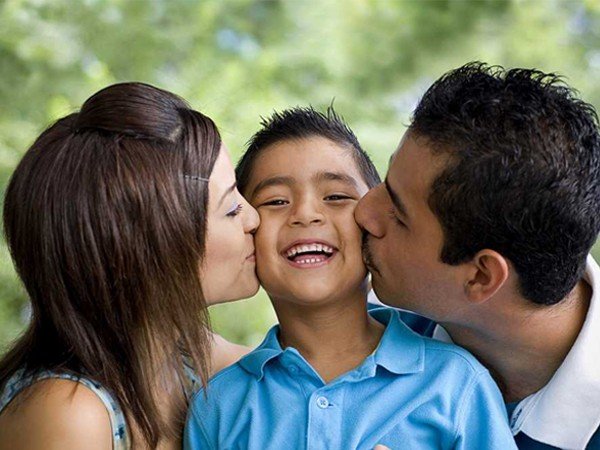Nurturing a child’s character is essential for their growth and future success. By instilling strong values early, parents equip their children to navigate life’s challenges with confidence and integrity. Below are five vital character traits to develop during the early years and practical ways to nurture them.
1. Honesty: The Cornerstone of Trust
Honesty is a fundamental virtue that fosters trust and respect in relationships. Children learn honesty best through example. Parents who consistently demonstrate truthful behavior set the standard for their children to emulate.
- Practical Steps to Encourage Honesty:
- Model Honesty Daily: Share truthful accounts of your experiences, even when the truth is inconvenient. Avoid “white lies,” as children quickly pick up these habits.
- React Calmly to Mistakes: When your child admits a misstep, stay composed. Thank them for their honesty and use the opportunity to discuss the importance of truthfulness.
- Reward Truthful Behavior: Celebrate when your child chooses honesty over deceit, reinforcing that telling the truth has value beyond avoiding punishment.
Teaching children that honesty sometimes requires courage helps them build a strong moral foundation.
2. Determination: Cultivating Resilience
Determination is the ability to face challenges head-on and persevere despite difficulties. Encouraging determination in children fosters resilience and a growth mindset, which are critical for lifelong success.
- Encourage Resilience:
- Set Manageable Challenges: Give children tasks that are slightly beyond their comfort zone. Praise their effort, not just the outcome, to build confidence.
- Promote Problem-Solving: Instead of rescuing your child immediately, guide them to think through solutions to obstacles.
- Use Positive Reinforcement: Celebrate when your child confronts fears, such as meeting new peers or completing challenging schoolwork.
A determined child learns to embrace challenges as opportunities for growth.
3. Responsibility: Owning Actions and Outcomes
Responsibility is about understanding the impact of one’s actions and making amends when needed. Teaching responsibility goes beyond enforcing apologies—it involves guiding children to correct their mistakes and learn from them.
- Ways to Foster Responsibility:
- Assign Age-Appropriate Tasks: Household chores or pet care teach accountability and reliability.
- Explain the Consequences: Help children understand how their actions affect others. For example, discuss how forgetting to tidy up can inconvenience family members.
- Encourage Ownership of Mistakes: Instead of focusing solely on the mistake, guide your child to find ways to make amends, such as apologizing sincerely or fixing a broken item.
Responsible children grow into conscientious adults who contribute positively to society.
4. Love: Building Emotional Connections
While children naturally express love, guiding them to deepen this ability helps them form meaningful relationships. Love is not just a feeling; it’s expressed through kind actions and empathy.
- Teaching Love and Empathy:
- Show Love Openly: Hug your child, say “I love you,” and model affectionate behavior toward family members.
- Encourage Compassionate Acts: Suggest ways your child can show love, such as making a card for a friend or helping a sibling.
- Praise Caring Behaviors: Highlight moments when your child shows kindness or thoughtfulness, reinforcing their importance.

As children learn to give and receive love, they develop emotional intelligence and the ability to connect deeply with others.
5. Thoughtfulness: Caring About Others
Thoughtfulness goes hand-in-hand with empathy. It involves considering others’ feelings, needs, and perspectives. Thoughtful children are better equipped to navigate social interactions and form healthy relationships.
- Encouraging Thoughtful Behavior:
- Ask Open-Ended Questions: When conflicts arise, ask your child how they think others might feel and what could improve the situation.
- Teach Active Listening: Show your child how to listen without interrupting, validating others’ emotions.
- Celebrate Small Acts of Kindness: Whether it’s sharing a toy or comforting a friend, recognize and praise your child’s thoughtful actions.
Over time, practicing thoughtfulness becomes second nature, enabling children to act with kindness and understanding.
Conclusion: Building a Bright Future
Instilling these character traits—honesty, determination, responsibility, love, and thoughtfulness—early in life sets the stage for your child to thrive. Parents play a pivotal role in this journey by modeling these values, providing opportunities to practice them, and celebrating their child’s growth.
Character-building isn’t just about preparing children for the present; it’s about shaping compassionate, resilient, and ethical adults ready to make a difference in the world.


